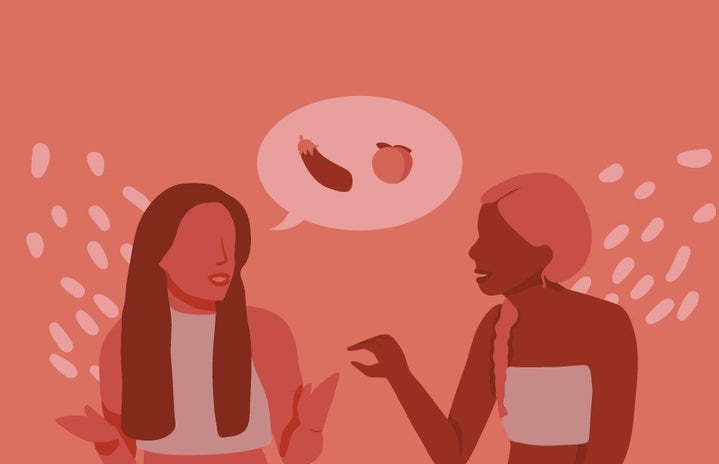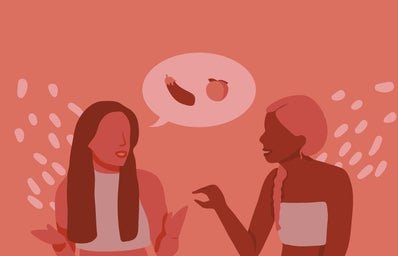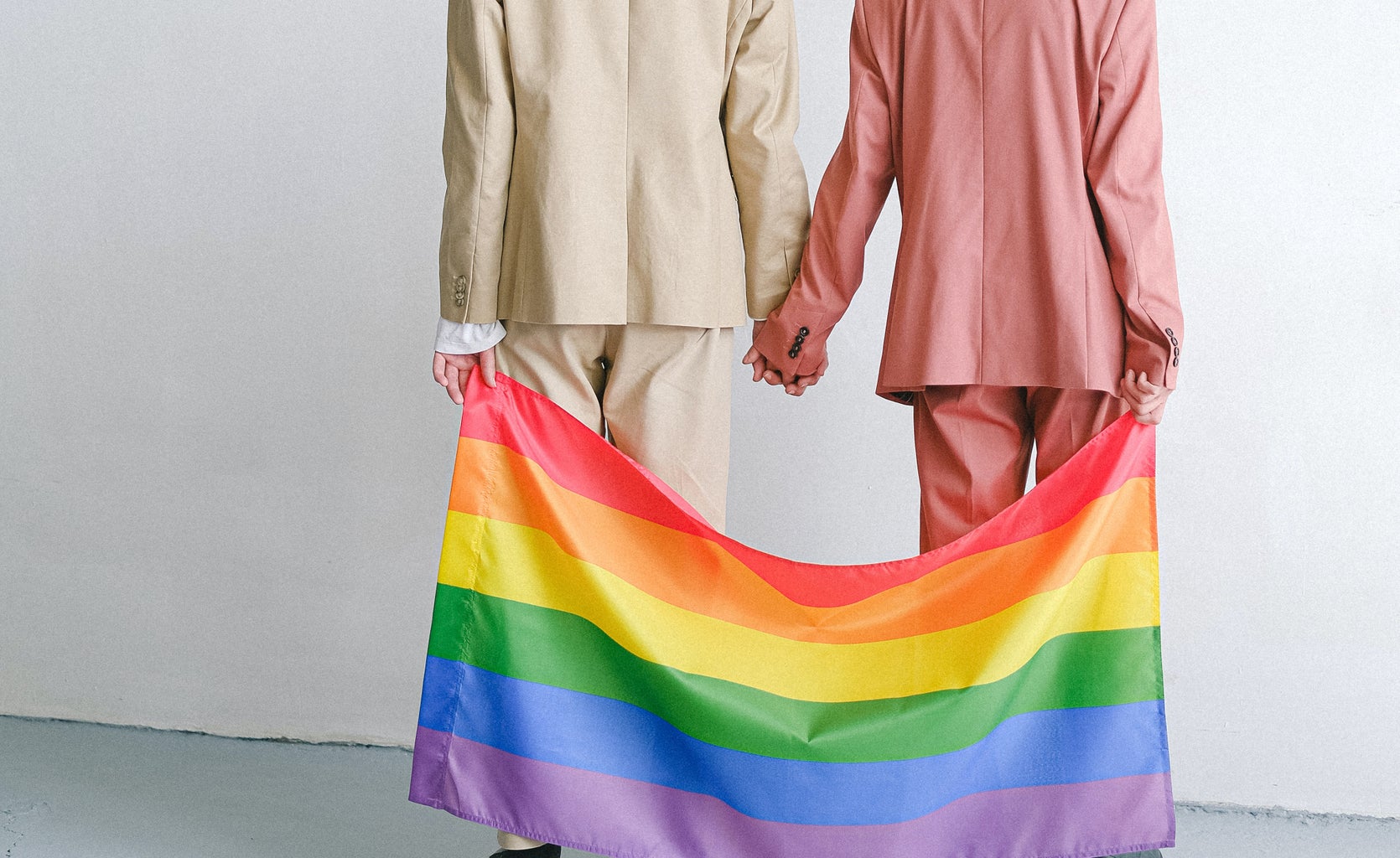Winter swept into the Midwest town where I grew up. A couple of my friends and I enjoyed eating popcorn chicken and tater tots from Sonic after a tough swim practice. Chlorinated water dripped from our drenched hair, but the heater in my friend’s minivan kept us warm. We were all catching up on each other’s lives.
One friend, X, recently got into a relationship. My other friend, Y, and I wanted to hear all of the details. X gushed over how sweet and funny he was, and we were all enthralled with her story about their first kiss. She then came to the topic of sex, and I suddenly felt strange.
She talked about doing “it” for the first time. While Y was enthused for her, and even sharing her own stories of experience, I wanted nothing more than to get out of the car and step into the bitter cold. I would’ve felt much better being out there.

For the longest time, I wondered why I felt so uncomfortable with sex. Maybe because I didn’t have much relationship experience? Maybe I just wasn’t ready for it? It wasn’t until the middle of my senior year that I found the term that answered my questions: asexuality.
An asexual person is someone who experiences little to no sexual attraction. The term itself is a blanket, as it can include people who abstain from sex entirely and those who have it frequently. For me, though, asexual was the perfect term to describe the thoughts and feelings I’ve had for so long.
Even though I came to terms with being asexual recently, I’ve become very aware of how sex is talked about in our modern culture. From TV and movies to everyday conversations, it’s something that’s inescapable. Our culture’s shift to being comfortable with talking about sex came from a powerful origin: the feminist movement championed bodily autonomy alongside equal rights and women’s freedom. From Betty Friedan’s Feminine Mystique to the Beatles, women everywhere were experiencing and fighting for a cultural sexual awakening.
That movement and the rise of pornographic magazines, like Playboy, and other adult content in subsequent decades contributed to the shaping of sex in today’s cultural bubble. Though my personal feelings may say otherwise, sex is more than okay to be talked about openly. Talking about topics that were long held as taboo provokes discussion. However, it could still be said that our culture is hypersexual, so much so that it makes people who don’t participate in sexual activity feel ostracized.
For example, there is a great amount of pressure on teens, especially girls, on when they will lose their virginity. In 2019, BBC interviewed multiple young people in the UK about if they’ve felt pressure to have sex.
“I know a lot of my friends do feel pressured to have sex because they know other people in the year have,” Beth, then 16, said. “They’re worried when they get to university they’ll be on the outside because they haven’t done it and they’ll feel uncool.”
In the same vein, there is something to be said about the lack of education teenagers get about sex. According to an article from the University of Southern California School of Nursing, it states that only half of the states in the U.S. are mandated to have sex education, and even fewer are required to teach medically accurate and inclusive information. It is more important than ever to have teenagers educated on sex since it dominates their everyday lives.
As the term “asexual” is fairly new, there’s been some pushback on whether it should be included under the LGBTQ+ umbrella, from those both outside of and within the community. It can be said that asexual or aromantic people are not “queer enough” to be a part of the community, where people have fought for decades to be intimate with the people they love.
But, as Jennifer Pollitt, an Assistant Professor and Assistant Director of Gender, Sexuality and Women’s Studies at Temple University, said in an interview: “the biggest comparisons are the lack of visibility and exclusion from communities on the basis that they’re weird, different, othered or ‘don’t belong in this space.’ Every queer person has experienced this narrative and as more join under the umbrella, the newbie will experience the same challenges, discrimination, and misunderstandings as those who came before.”
Sex is not a topic I like discussing often, but continuing conversations and discourse about sex and how it’s represented in our world could lead people to be more responsible and have a greater understanding about how sex influences our lives.
Want to keep up with HCBU? Make sure to like us on Facebook, follow us on Instagram, check out our Pinterest board, and read our latest Tweets!




